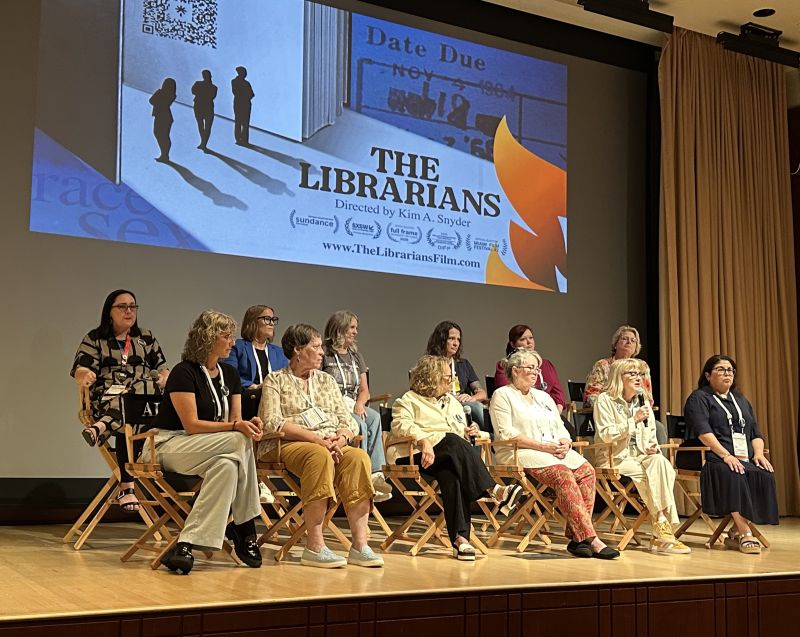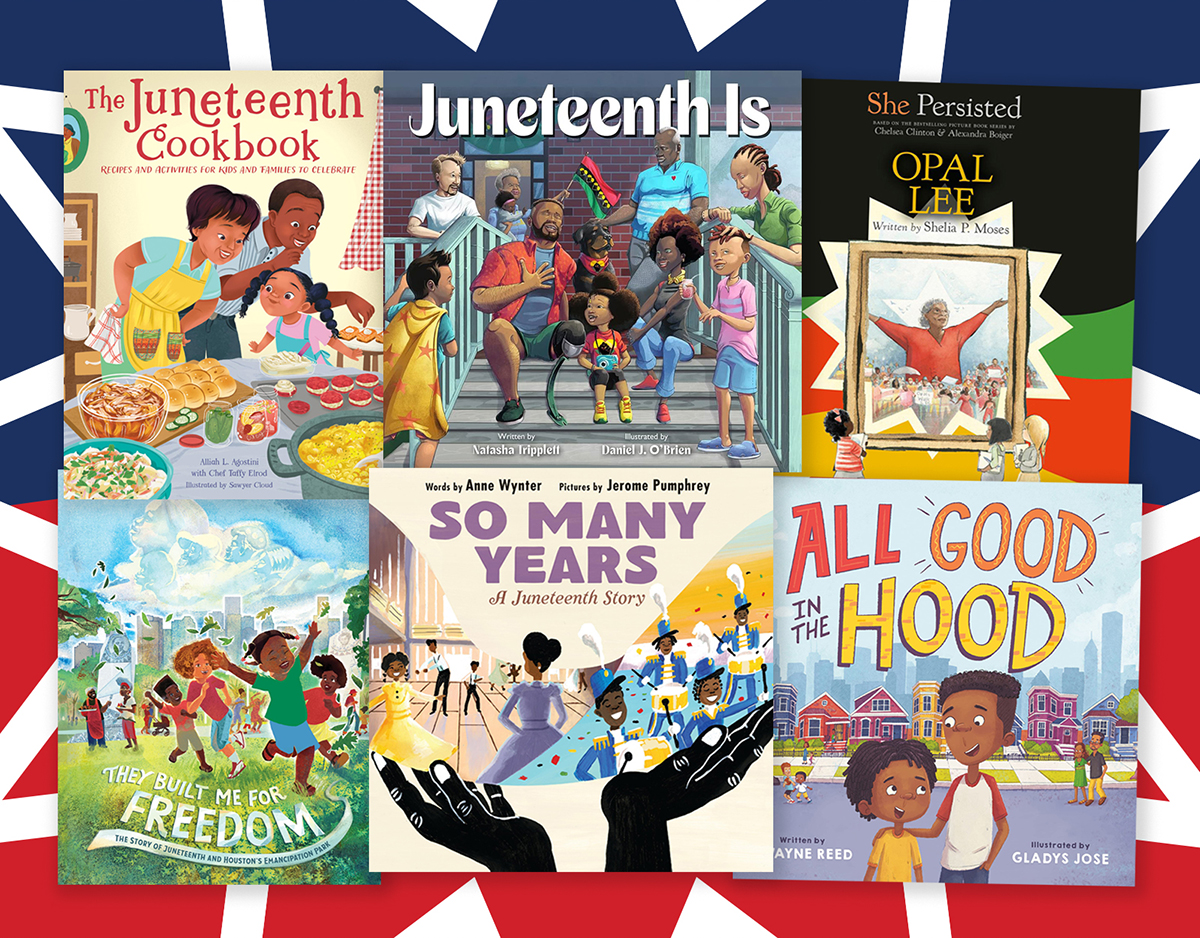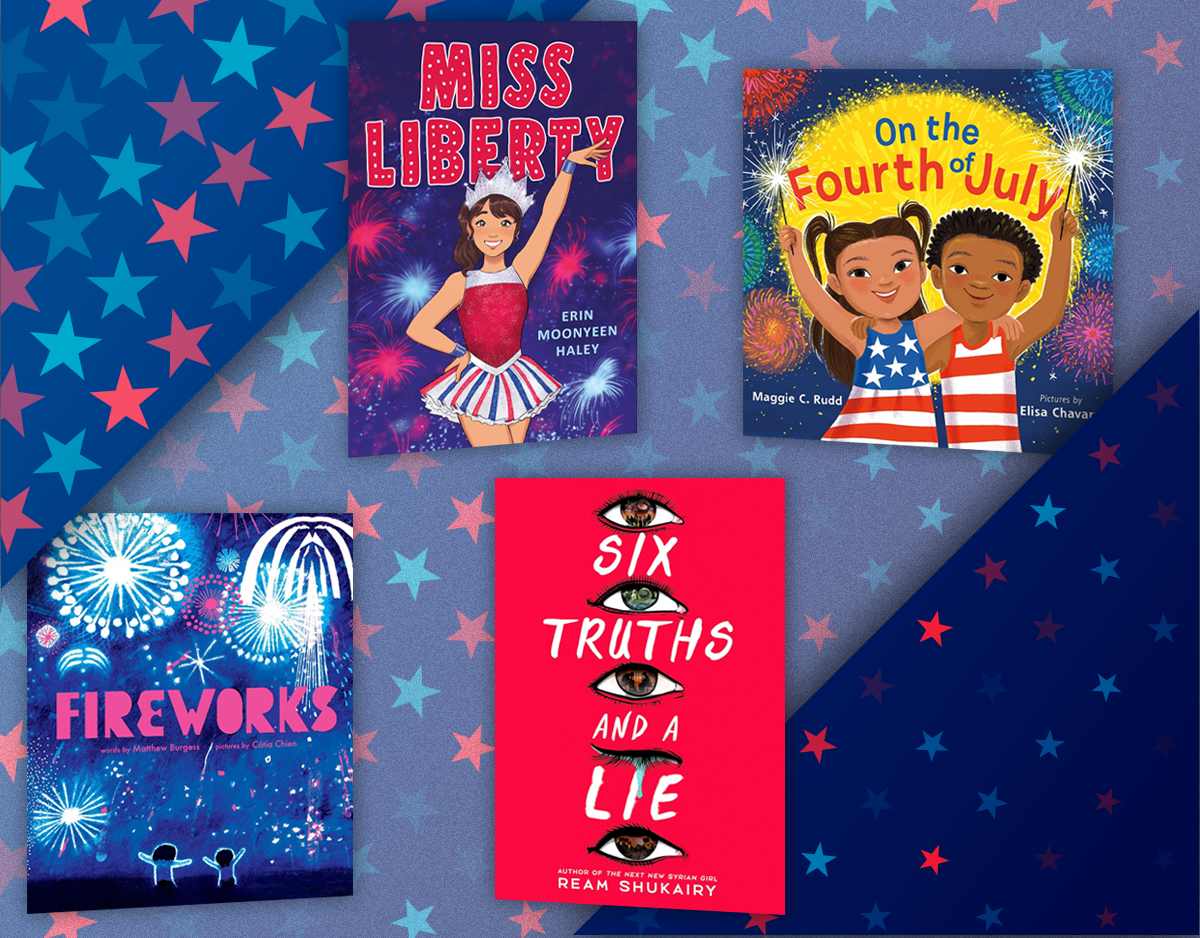SCROLL DOWN TO READ THE POST
Joss Whedon, Modern Dress Shakespeare, and the Problem of Class in Classrooms

Something strange happened over the past week… is maybe still happening.
I had everything I needed to start drafting this post—I’d seen Much Ado About Nothing, which opened more than ten days ago and is still in theaters, had all my notes from the screening I’d attended last month, and a topic that I was excited to address: class. And, no, not a gathering of students at desks with a pencil sharpener mounted on a nearby wall. That’s “class” as in, well, class warfare.
But then an embarrassing form of anxiety quietly crept in. Isn’t that topic too controversial? Would I say the wrong thing? Alienate readers from across the political spectrum?
Finally, in a spasm of self-reflection, I realized that my hesitancy to discuss class in the context of a Joss Whedon movie is, simply, a byproduct of my hesitancy to address it in curriculum itself… and, perhaps in turn, a byproduct of my own education growing up, in which present-day issues related to class were similarly never addressed head-on.
ADVERTISEMENT
ADVERTISEMENT
If you noticed the way I slipped in “present-day” just now, then please award yourself some bonus points. That’s because both curriculum and pop culture, perhaps not coincidentally, have no problem dealing with social stratification when at a remove: as a phenomenon that occurs in foreign lands, or as an issue of yesteryear (e.g., Dickensian England)—or in mass media narratives as a key component of feudalistic fantasy worlds or dystopian nightmares.
It’s almost as if we can’t deal with the fact that there are distinct classes in good ol’ 21st century USA. No, I’m not leading up to a Marxist analysis, but rather introducing the simple statistical fact that children born into different socio-economic circumstances have different options in life… and so, for the most part, will their children. That’s it. No axe-grinding. Just standard social sciences stuff.

This doesn’t mean, of course, that we don’t process texts of all sorts through our built-in, personal, and often unconscious filters regarding class. In fact, this is where Much Ado About Nothing enters the picture again. While watching it, I was trying to figure out why, despite my admiration for the cast and Whedon’s Malibu home (where the film was shot), I felt far more emotionally distant from events than with Kenneth Branagh’s twenty-year-old version, one of my favorite screen adaptations of Shakespeare ever. Eventually it occurred to me that because the class signifiers in the new film were ones that I could relate to—the setting sometimes looked like a Pottery Barn catalog come to life—I had increased difficulty identifying with the characters.
Not a lot, mind you, but enough for me to notice when I paid attention to my own reactions. One of the hazards, I suppose, when anyone attempts a modern dress take on the bard. The text was the same, to be sure, and still featured nobles cavorting and falling in and out love. If anything, the 1993 version was more opulent—but it was also presented as a period comedy, so there was that aforementioned sense of remove: long-ago costuming and décor functioning almost as emblems of the fantasy genre rather than as real-life consumer goods that you and I might purchase… if we could afford them, that is. That the contemporary look-and-feel of the new film prompted instead these latter, envy-tinged thoughts is not a knock on it; these are, again, my personal responses to the text. The point is, to notice them.
Actually, though, the point is to help students notice them, especially in the works of pop culture to which they gravitate. Then what? Well, I’ll have to take up that question elsewhere… and, yes, I know that means I’m once again avoiding the topic at hand.
Filed under: English, Movies, Social Studies, Transliteracy
About Peter Gutierrez
A former middle school teacher, Peter Gutierrez has spent the past 20 years developing curriculum as well as working in, and writing about, various branches of pop culture. You can sample way too many of his thoughts about media and media literacy via Twitter: @Peter_Gutierrez
ADVERTISEMENT
SLJ Blog Network
Name That LEGO Book Cover! (#65)
Review of the Day: This is Orange by Rachel Poliquin, ill. Julie Morstad
Betty & Veronica: Summer Fun in the Sun | Preview
Heavy Medal Suggestions: 73 Titles and Counting
Like This, Try That: K-Pop Demon Hunters
The Classroom Bookshelf is Moving
ADVERTISEMENT
ADVERTISEMENT







